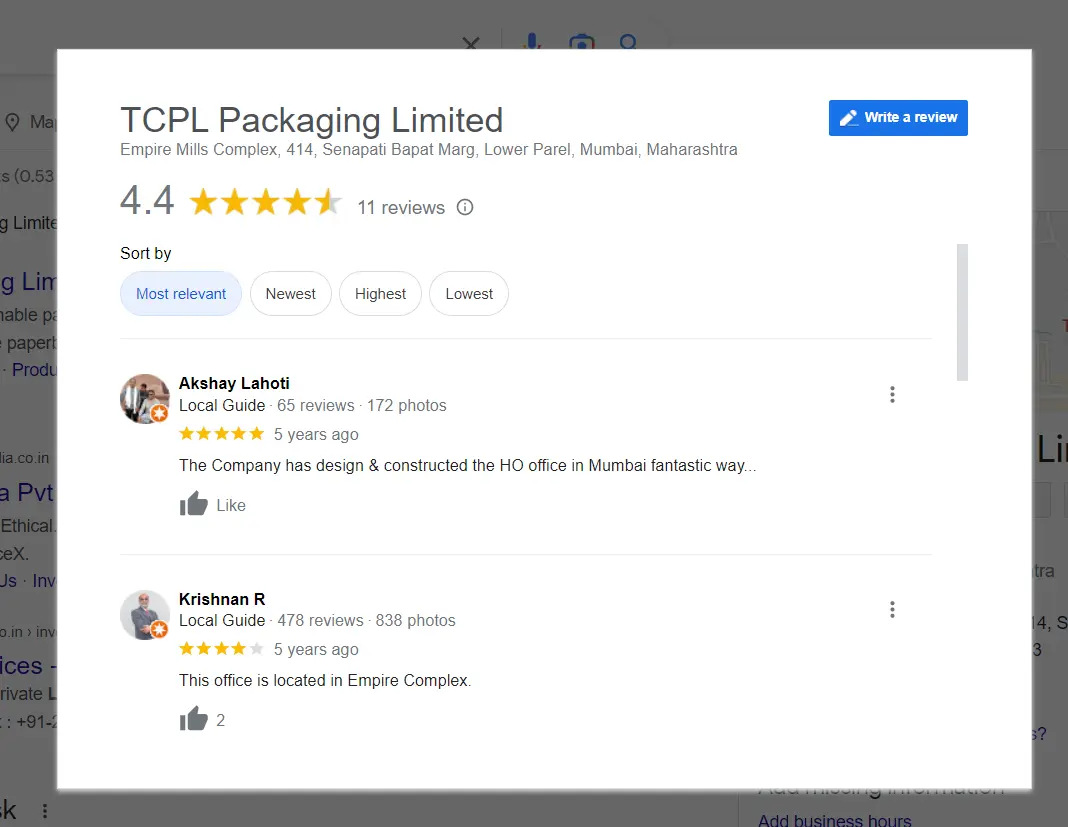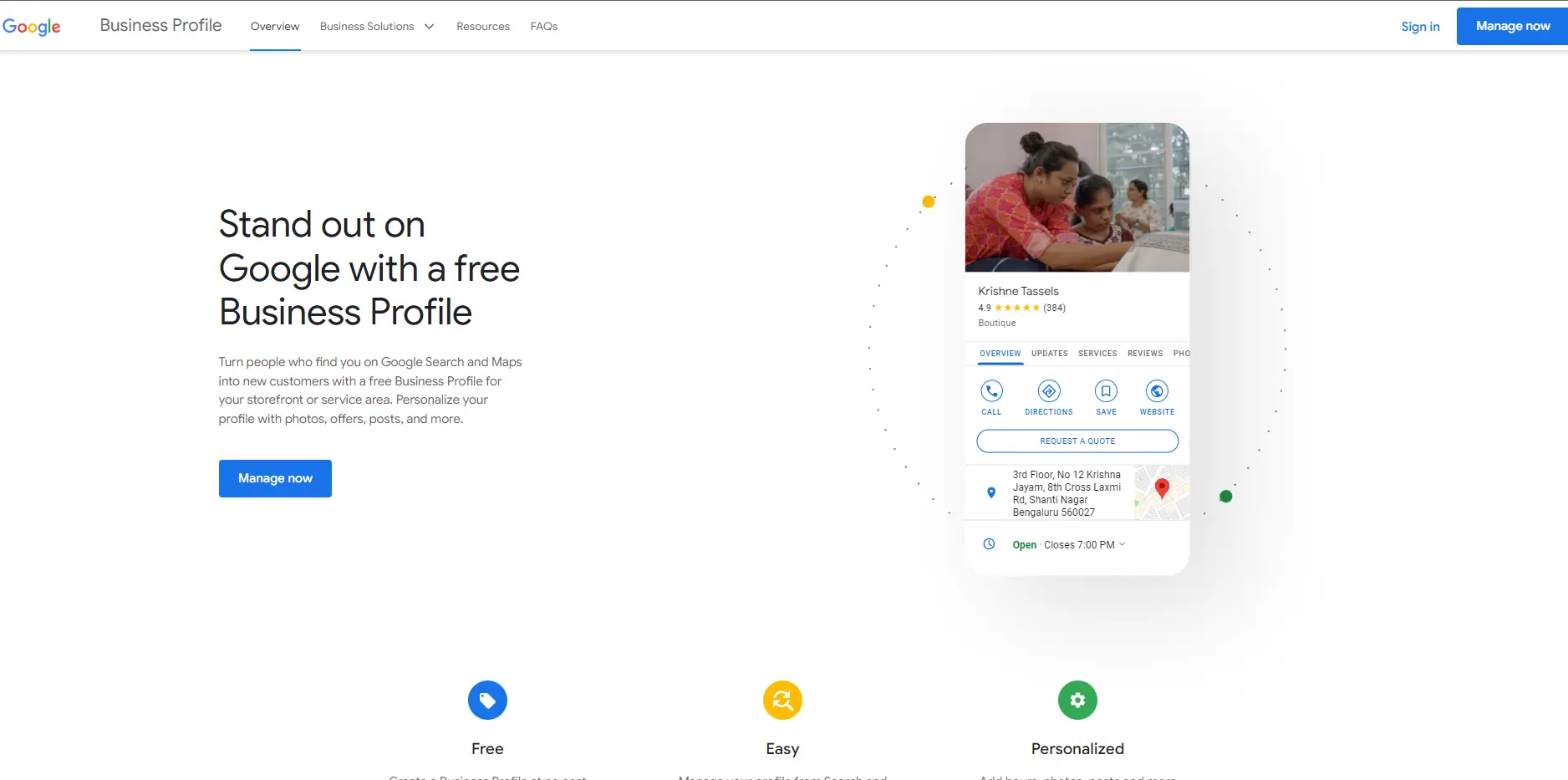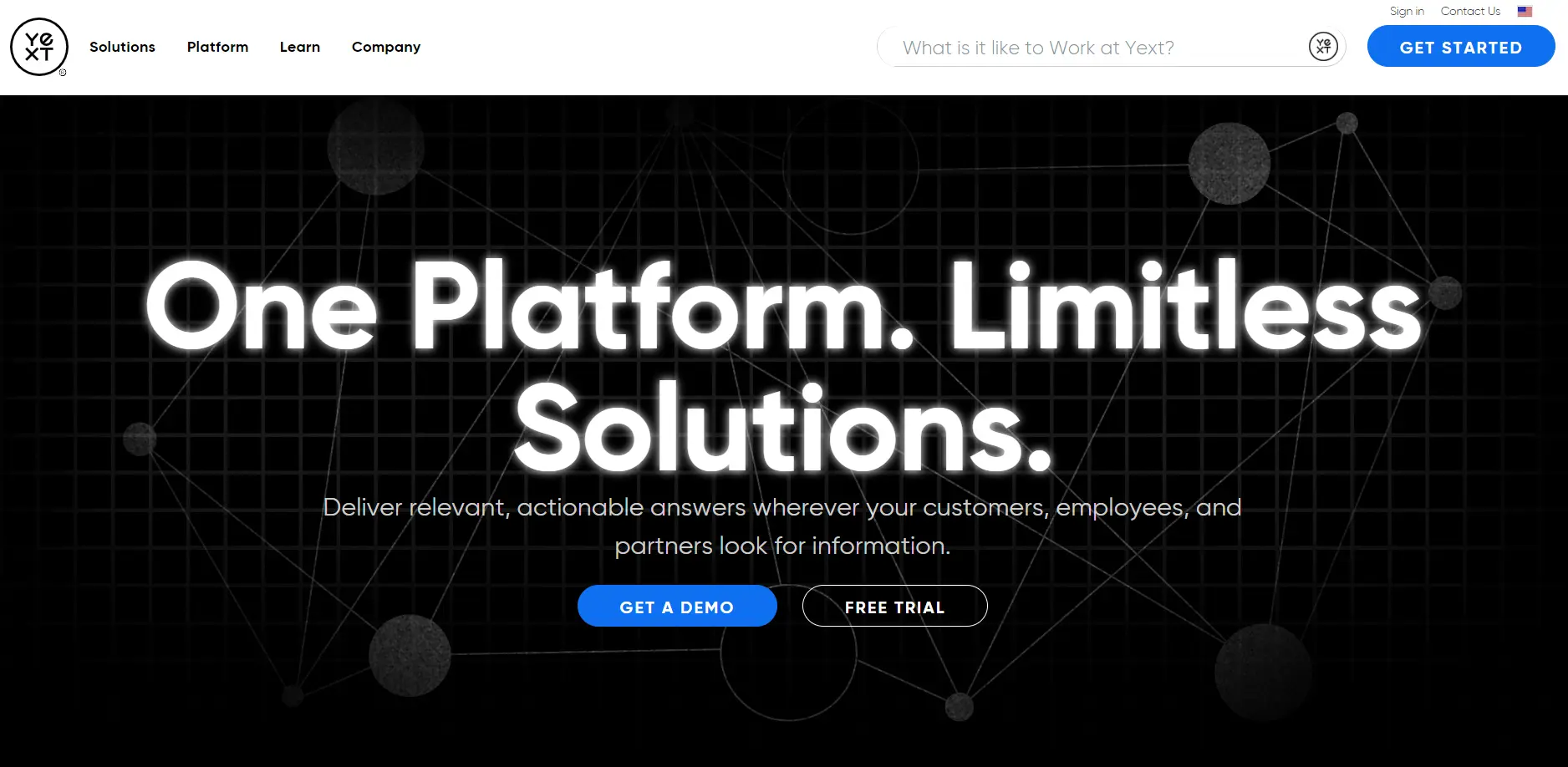The main objective of any business owner is to increase consumer traffic and expand the business. Yet, how can you advertise your business to the correct demographic, particularly in your neighbourhood? This is where local SEO comes into play. In this article, we'll look at what local SEO is, how it may help businesses, how it works, and how you can optimise your business for local SEO.
Table of Contents
ToggleWhat is Local SEO?
Local SEO refers to the practice of optimizing a business's online presence to attract more local customers. It is the process of optimizing your website, Google My Business (GMB) profile, and other online properties to rank higher in local search results. Local SEO helps businesses increase their visibility in local search results, attract more foot traffic to their physical locations, and ultimately drive more sales. This type of SEO is very important for businesses that have a physical location, such as restaurants, shops, and other local businesses.

How Local SEO Works?
The local search algorithm used by Google takes into account three extra factors in addition to the normal ranking factors when determining which match is the best:
Relevance (how closely a result relates to the search keywords entered by the user) (how closely a result resembles the searcher's query's keywords)
Distance (how distant Google feels a person is to a business when they search) (how far Google believes a user is to a business when they search)
Prominence (how important Google believes a business is to its competitors) (how important Google thinks a business is to its competitors)

Then, for local searches, Google shows two different types of search results.
the organic results and the "local pack" results (Google Maps and Business Profiles).
Organic results are the "typical" blue link search results on Google that we're all accustomed to seeing.
A Google feature called a local pack (or map pack) displays the top local company listings along with a map.
But, Google doesn't restrict its local search results to those that include a particular city, state, or "near me" term. Google will provide local results if it thinks the purpose of your search is local even when the term isn't localised explicitly.
For instance, if you searched for "Restaurants" in Santacruz, Google would still provide a local pack of restaurants in Santacruz results.

How To Find Keywords for Local SEO?
Finding keywords that people use to look for products and services in their area is known as keyword research for local SEO. Your website receives more traffic from local clients who are highly targeted when you rank for these keywords. You need a concise list of keywords that consumers may use to discover your local business before you can begin.
Here are some recommendations for finding local SEO keywords:
- Brainstorm Local Keywords - Start by brainstorming keywords related to your business and location. This might include terms that are associated with your goods or services as well as geographical terms that describe your city or neighbourhood.
- Use Keyword Research Tools - You may uncover relevant keywords for your local SEO plan by using tools like Google Keyword Planner, SEMrush, and Ahrefs. These tools allow you to see search volume data, competition level, and related keywords.
- Analyze Competitor Websites - Analysing your local competitors' websites can also give you ideas for relevant keywords. Look for the keywords they target in their content and meta tags, and use this information to inform your keyword strategy.
- Use Google Autocomplete - When you enter the search field, Google Autocomplete will offer possible search terms. Finding long-tail keywords that your target market is searching for may be made easier with the help of this tool.
- Use Location-Specific Keywords - Including location-specific keywords in your content is essential for local SEO. This could include your city, neighbourhood, landmarks, or other local identifiers.
- Use Google My Business Insights - Google My Business Insights provides data on how people find your business on Google. This can include information on the keywords they are using to search for your business. Use this data to optimize your local SEO strategy.
How To Optimize Your Business for Local SEO?
Optimizing your business for local SEO can help you connect with nearby customers who are searching for your products or services. Here are some tips on how to optimize your business for local SEO:
1. Claim and Optimize Your Google My Business Listing
Google My Business is a free tool that allows businesses to manage their online presence across Google, including search and maps. Claiming and optimizing your Google My Business listing is the first step to improving your local SEO. You should make sure that all web directories accurately and consistently display your company's name, address, and phone number (NAP).

2. Use Local Keywords
Using local keywords in your website content and meta tags can help improve your visibility in local search results. This could include location-specific keywords such as your city, neighbourhood, landmarks, or other local identifiers.
3. Build Citations and Local Backlinks
Citations are online mentions of your business's Name, Address, & Phone Number (NAP) information on other websites, such as directories, review sites, and social media platforms. Building local citations helps search engines verify the accuracy of your business's information and improve your local rankings. In addition to citations, local backlinks (links from other local websites to your site) also play a role in improving your local SEO.
4. Encourage Online Reviews
Online reviews are an important factor in local SEO. In order to increase your presence in local search results, you should encourage your consumers to submit reviews on Google, Yelp, and other review websites. Be sure to give prompt, polite responses to every review, positive and negative.

5. Create Local Content
Your website's local SEO may be improved by generating high, locally relevant content. This may be articles on your blog, landing pages, or other content showcasing your business's local market knowledge.
6. Use Local Schema Markup
Schema markup is a type of structured data that helps search engines understand the content on your website. Adding local schema markup to your website can help improve your visibility in local search results by providing search engines with more information about your business's location and services.
7. Optimize for Mobile
Optimizing your website for mobile devices is essential for local SEO. A mobile-friendly website can help you appear more frequently in local search results given how many people use their mobile devices to browse for local companies.
8. On-Page SEO
On-page SEO is the process of improving the content of a page to raise its position in organic search results. Also, it is crucial for local SEO. Your chances of appearing in the local pack increase as you go up the organic results rankings. Check out our guide on how to improve on-page SEO.
9. Backlinking
One of the key elements affecting a website's position on search engine results pages is the number of backlinks to it (SERPs). Backlinks are directing links from one website to another. They are also referred to as external or inbound links. Google and other search engines use backlinks as referrals. Fortunately, traditional link-building strategies also work for local link-building.
Here are a few local link-building tips:
- Reach out to other local (non-competitor) businesses for links
- Contact your local newspapers and sites to share stories
- Support and sponsor local events
List of Tools for improving local SEO
Here are a few local SEO tools that might help you maintain your business in front of your target market on a regular basis.
1. Google My Business
Google My Business is a free tool provided by Google that allows businesses to manage their online presence across Google search and maps. It allows businesses to manage their business information, respond to reviews, and post updates to their business profile.

2. Moz Local
Moz Local is a tool that helps businesses manage their online listings and improve their local search rankings. It allows businesses to manage their listings across multiple platforms and track their rankings over time.

3. SEMrush
SEMrush is a comprehensive SEO tool that includes local SEO features such as local keyword research, competitor analysis, and local rank tracking. It provides businesses with insights into their local search performance and helps them optimize their online presence for local search.

4. BrightLocal
BrightLocal is a local SEO tool that helps businesses manage their online listings, monitor their reputation, and track their rankings. It also includes features such as citation tracking, local keyword research, and competitor analysis.

5. Yext
Google, Yelp, and Facebook are just a few of the platforms that businesses can manage their online presence on with the help of Yext. It allows businesses to manage their listings, respond to reviews, and track their performance across different platforms.

Now that you know how local SEO operates, here are a few further articles for you to read in order to learn more:
- How to Do Local SEO Keyword Research
- Local SEO Strategy for Multiple Locations
- How Reviews Impact Local SEO Rankings (New Study)
- The 12 Best Local SEO Tools


[…] Local SEO: A Complete Guide to Improve Your Local SEO […]
[…] Local SEO: A Complete Guide to Improve Your Local SEO […]
[…] Local SEO: A Complete Guide to Improve Your Local SEO […]
[…] Local SEO: A Complete Guide to Improve Your Local SEO […]